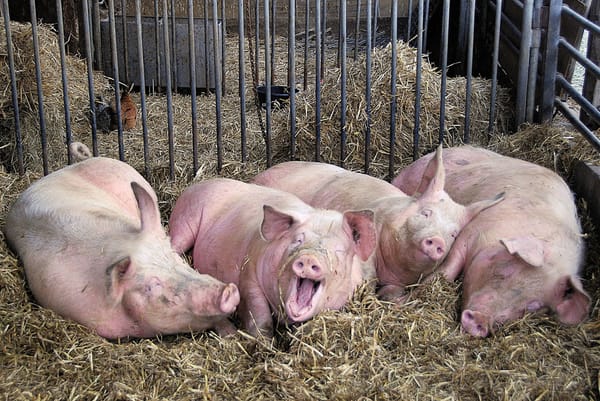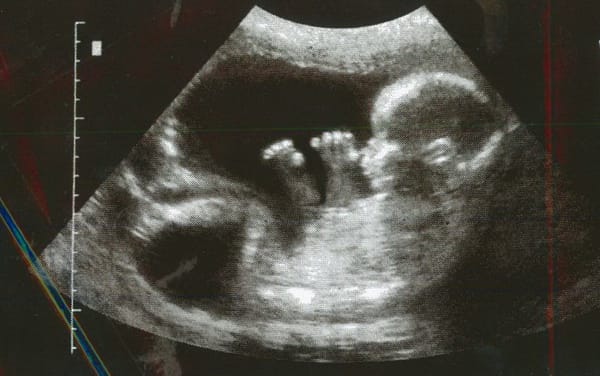Deadly bacteria found to kill cancer
MRSA could be used to fight cancer
With MRSA recently becoming a bigger killer than HIV/AIDS in America, it’s no wonder bacteria are often viewed in a bad light. However, an interest is growing in using some bacteria as anticancer agents due to the remarkable tendency of some species to preferentially infect tumour cells over normal tissue, and the multiple ways they can be manipulated to deliver drugs or cause targeted immune responses.
It is still unclear exactly how certain bacteria such as Salmonella, Clostridium and E.coli infect tumour cells. Professor David Holden’s research group in the Centre for Molecular Microbiology and Infection at Imperial are researching Salmonella pathogenesis. They believe that mammalian cells could be particularly vulnerable to infection at specific stages of their cell cycle – stages that cancer cells have to pass through in order to replicate.
In contrast, Clostridium targets tumour cells due to their depleted oxygen levels. Their spores can circle in the blood stream before proliferating in solid tumours. They don’t survive as well in the surrounding healthy tissue, which is oxygen rich.
There are several ways bacteria can be used to target and kill tumour cells, all of which begin with the attenuation of the selected bacteria and removal of toxicity genes. Bacteria can be modified to carry vectors such as genes for the over expression of interleukin – 2. When the bacteria reach the target they are induced to express certain genes due to a change in environmental factors. Interleukin – 2 causes an increase in immune response towards the tumours cells resulting in increased clearance.
Alternatively, engineered bacteria can carry genes encoding enzymes to catalyze prodrugs into active toxic drugs at tumour sites; expression of HSV-thymidine kinase converts guanciclovir into its active toxic drug.
Some of the most potent toxins are produced by bacteria themselves, such as diphtheria toxin and Pseudomonas exotoxin. However they are so toxic they can’t be let loose around the body but need to be conjugated to monoclonal antibodies or growth factors targeted to the tumour cells. Pseudomonas exotoxin and IL-4 have been fused together as a chimeric fusion protein to target IL-4 receptors, found on brain cancer cells but not normal brain cells. Experiments have shown direct necrosis of these cells and clinical trials are now in place.
There are obviously problems in this emerging area of anticancer therapy. Toxicity of bacteria is always an issue, particularly in the high doses needed to combat cancers. The use of bacteria has much better side effects compared to usual anticancer drugs which elicit strong emetic effects and the most obvious, loss of hair. However bacteria are most likely to be used in conjugation with anticancer drugs due to the current therapies being unable to destroy the whole of the cancerous cell.
Although there are many issues with this area of anticancer therapy hopefully it will yield a new weapon to fight against cancer with fewer side effects that patients experience with current anticancer drugs.







